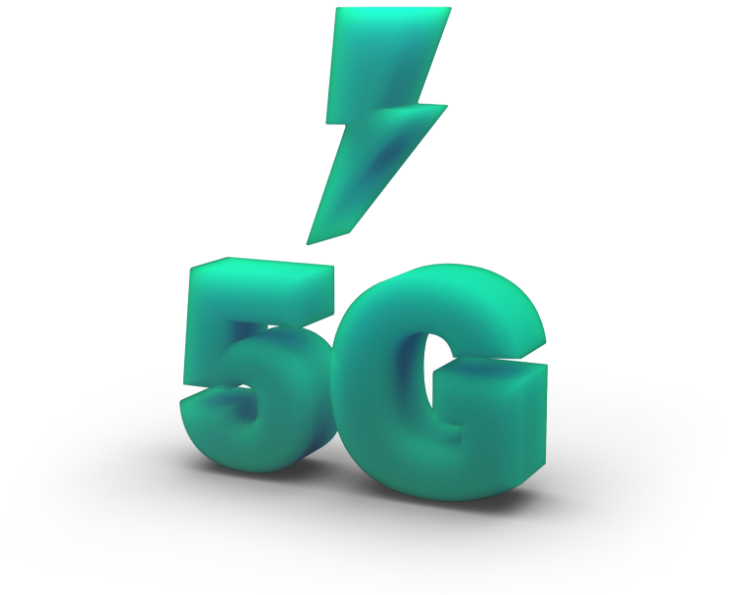
In our increasingly interconnected world, the advent of 5G technology has marked a significant milestone in the realm of telecommunications. The fifth generation of wireless networks, commonly known as 5G, offers unparalleled speed, capacity, and connectivity, promising to revolutionize various industries and empower the next wave of technological advancements.
Key features, applications and transformative impacts:
1. Lightning-Fast Speeds and Ultra-Low Latency
One of the defining characteristics of 5G technology is its lightning-fast speed and ultra-low latency. With peak data speeds of up to 10 gigabits per second (Gbps), 5G is poised to be several times faster than its predecessor, 4G. This enhanced speed enables seamless streaming of high-definition content, rapid file downloads, and near-instantaneous web browsing experiences, propelling us into a new era of digital communication.
Moreover, 5G technology boasts an ultra-low latency, reducing the time it takes for data to travel between devices to mere milliseconds. This near real-time responsiveness is crucial for applications such as autonomous vehicles, remote surgery, and augmented reality (AR) and virtual reality (VR) experiences. By eliminating lag and enabling instantaneous interactions, 5G technology opens up a realm of possibilities and empowers industries to innovate in ways previously unimaginable.
2. Enabling the Internet of Things (IoT) and Smart Cities
5G technology serves as a critical enabler for the Internet of Things (IoT) and the development of smart cities. With its robust network capabilities, 5G can seamlessly connect an enormous number of devices, ranging from smartphones and tablets to sensors, wearables, and household appliances. This interconnectedness facilitates the exchange of vast amounts of data, allowing for more efficient and intelligent decision-making processes.
In the context of smart cities, 5G technology enables the integration of various systems, such as transportation, energy, and public safety, leading to enhanced urban planning and resource allocation. Smart traffic management systems can optimize traffic flow, reducing congestion and emissions, while intelligent energy grids can monitor and regulate power consumption. Additionally, 5G-powered sensors and devices can provide valuable insights into environmental conditions, enabling cities to proactively address issues such as pollution and waste management.
3. Revolutionizing Healthcare and Telemedicine
The healthcare industry stands to benefit immensely from the advancements brought forth by 5G technology. With its high bandwidth and low latency, 5G facilitates the rapid transfer of large medical files, such as high-resolution images and patient records, enabling healthcare professionals to make critical decisions more efficiently. Telemedicine, the practice of remotely diagnosing and treating patients, also receives a significant boost from 5G connectivity. Doctors can conduct real-time consultations, monitor patients remotely, and perform complex surgeries through robotic systems with unparalleled precision.
Furthermore, 5G-enabled wearable devices, such as smartwatches and fitness trackers, can collect and transmit vital health data in real-time. This continuous monitoring allows for early detection of health issues and enables personalized healthcare interventions.
Written by profT for naijatipsland.com










